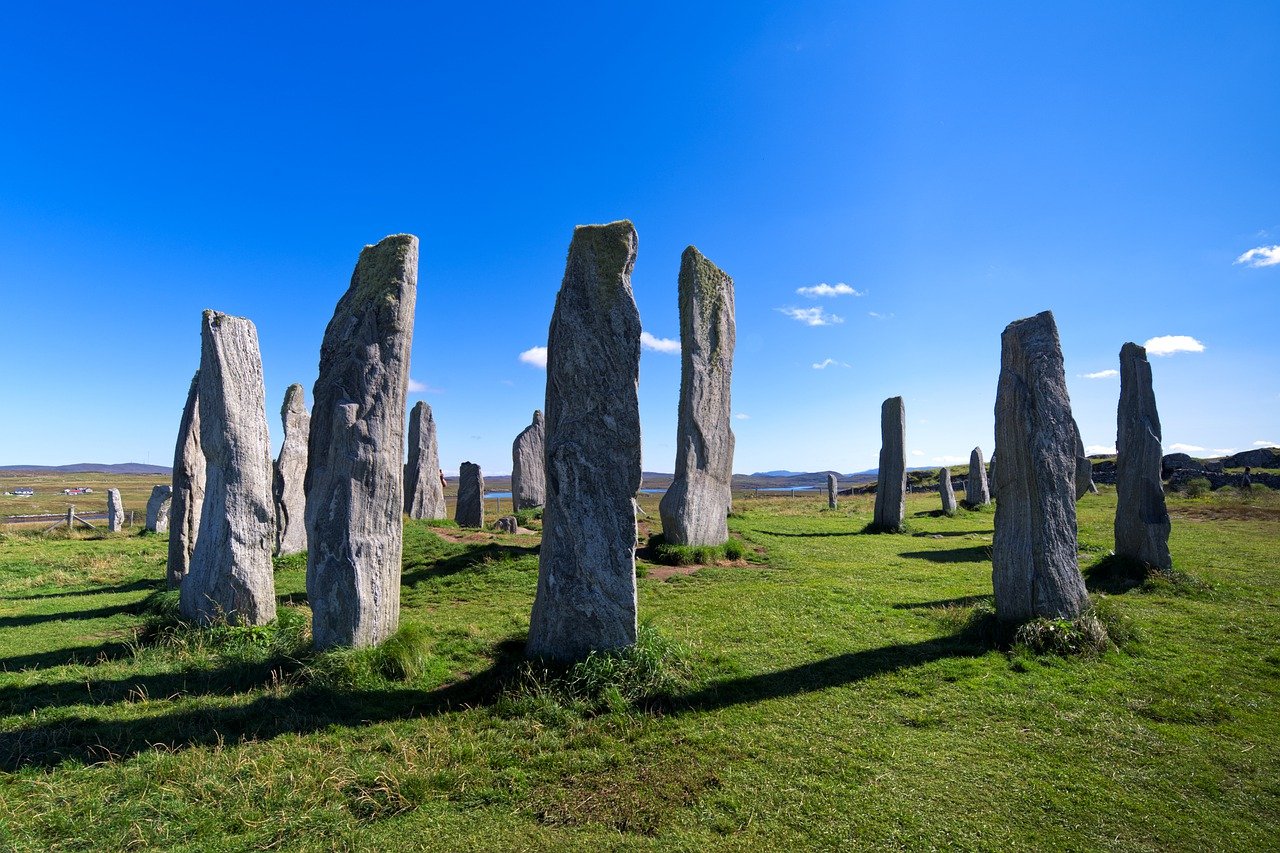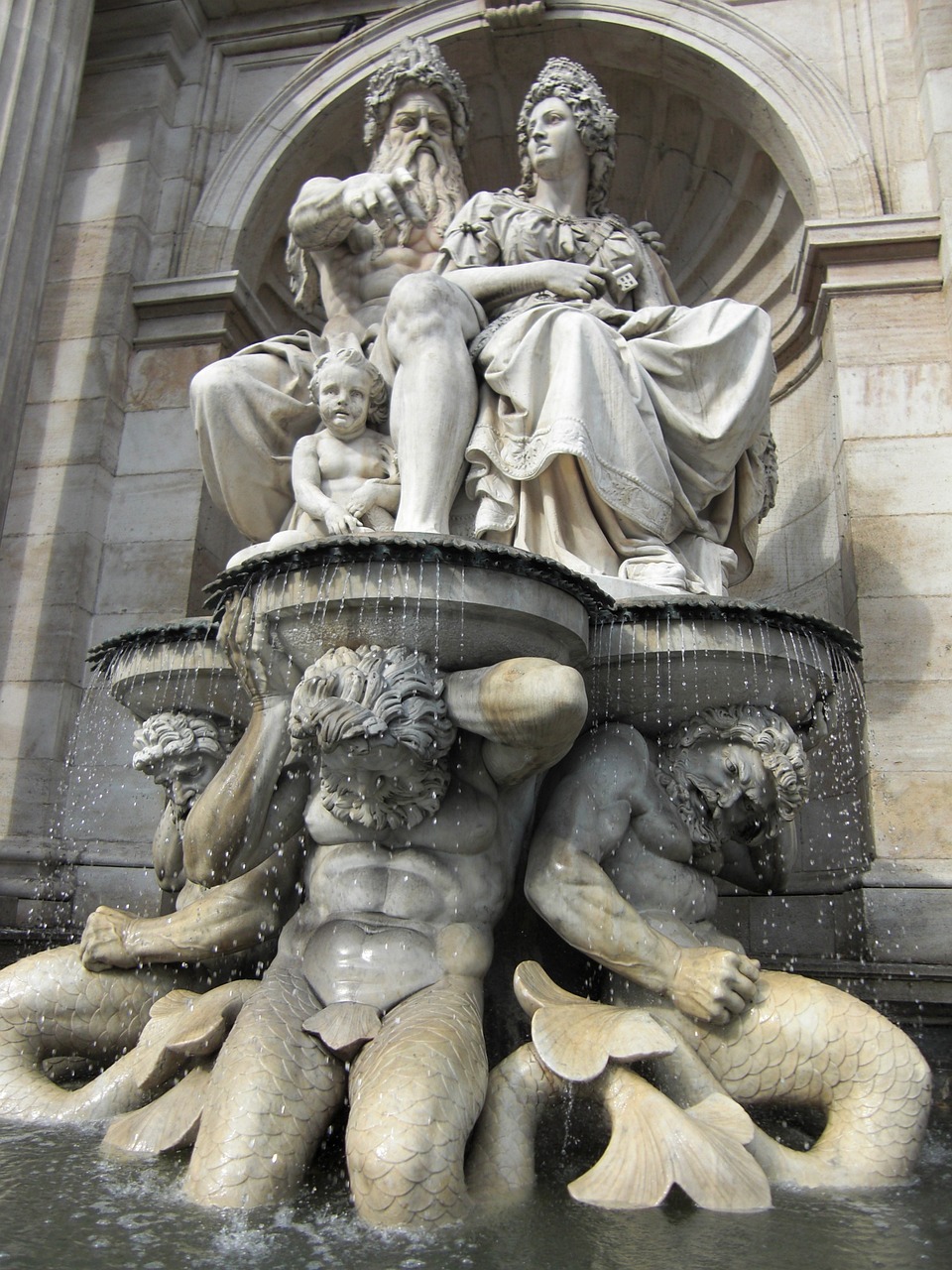Celtic Mythology
-
Epona, a revered goddess within Celtic mythology, derives her name from the Celtic word “epos,” meaning “horse,” with the suffix “-ona” indicating a sense of possession or agency. Identified as the protector of mares and foals, Epona’s significance is evidenced in early writings, notably in Juvenal’s Satires, where he highlights her unique standing among deities…
-
The name “Camulos” is often interpreted in different ways, sharing meanings that span “of Conflicts” and “the Warrior” according to Olmsted, while Delamarre suggests it means “Champion or Servant.” Olmsted expresses uncertainty over the name’s origins, whereas Delamarre is more convinced that the name is rooted in an unusual Old Irish term ‘Cumall,’ meaning ‘Champion.’…
-

Folklore and mythology abound with narratives involving spirits and magical beings, ranging from the benevolent to the malicious. Among them, the Scottish kelpies stand out as some of the most vengeful. These water spirits seem designed to oppose humanity, as well as other mystical entities. Generally found near bodies of water, kelpies often manifest in…
-
The Irish cultural landscape is deeply intertwined with the concept of death, which resonates profoundly through history and mythology. The connection between the living, the deceased, and the mourners is uniquely expressed in the Irish wake, where the mortal realm and the afterlife coalesce. It is said, according to Kevin Toolis, a Scottish journalist, that…
-

The contributions of the Romans to global civilization are noteworthy, particularly in the realm of architecture, engineering, advanced technologies, governance, and legal systems. However, they also bear the marks of cultural obliteration. While it is recognized that the Romans often integrated various cultural elements into their own society, this practice led to subtle yet profound…
-

The enchanting tales from Irish and Celtic mythology offer a profound glimpse into the human experience through stories of love and loss. One such narrative from the Fenian Cycle is the poignant tale of Niamh and Oisín. After a fierce battle, Fionn Mac Cumhaill and the Fianna found themselves weary and grieving the loss of…
-

Celtic Football Club has continued to make headlines as they aim for excellence in both domestic and European competitions. The club, rooted in a storied tradition, has been gathering momentum as they pursue their goals within the UEFA Champions League. Fans and analysts alike are watching keenly, eager to see how the team will perform…
-
The remnants of Dun Sgathaich, located on the Isle of Skye, are traditionally believed to be the historical site of Dún Scáith, which is steeped in legend. Scáthach, also known as Sgathach, is said to have lived around 200 BC, becoming a prominent figure in the tales of warfare and valor. This mythical warrior queen…
-

The Ceremonial Reverence for Neptune and Celtic Deities On December 1st, typically coinciding with the new moon, the ancient Romans paid homage to Neptune. This is noteworthy considering Neptune’s limited popularity among Romans, yet he commanded two significant festivals throughout the year. Interestingly, sailors often favored Poseidon, his Greek counterpart, over Neptune when it came…


